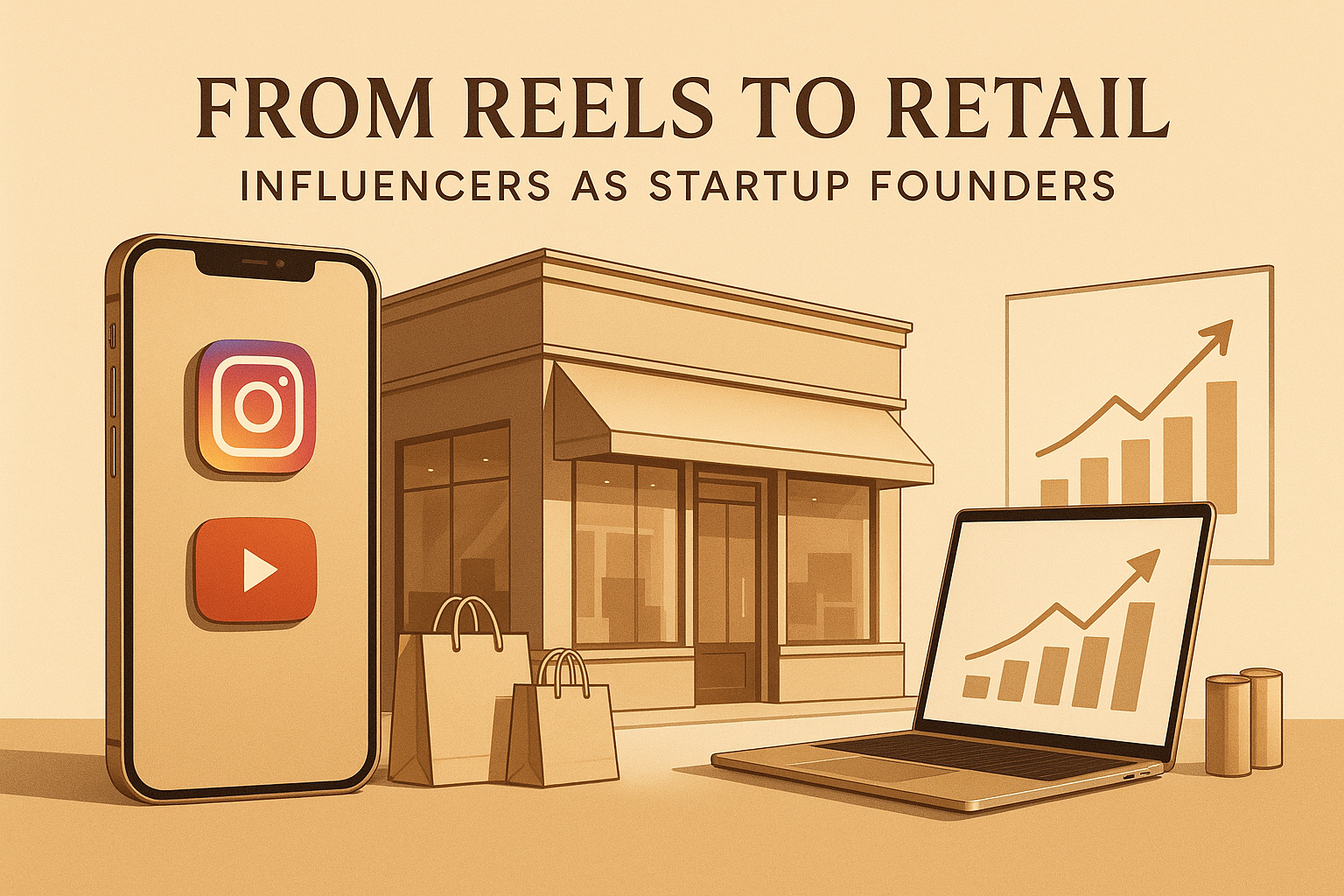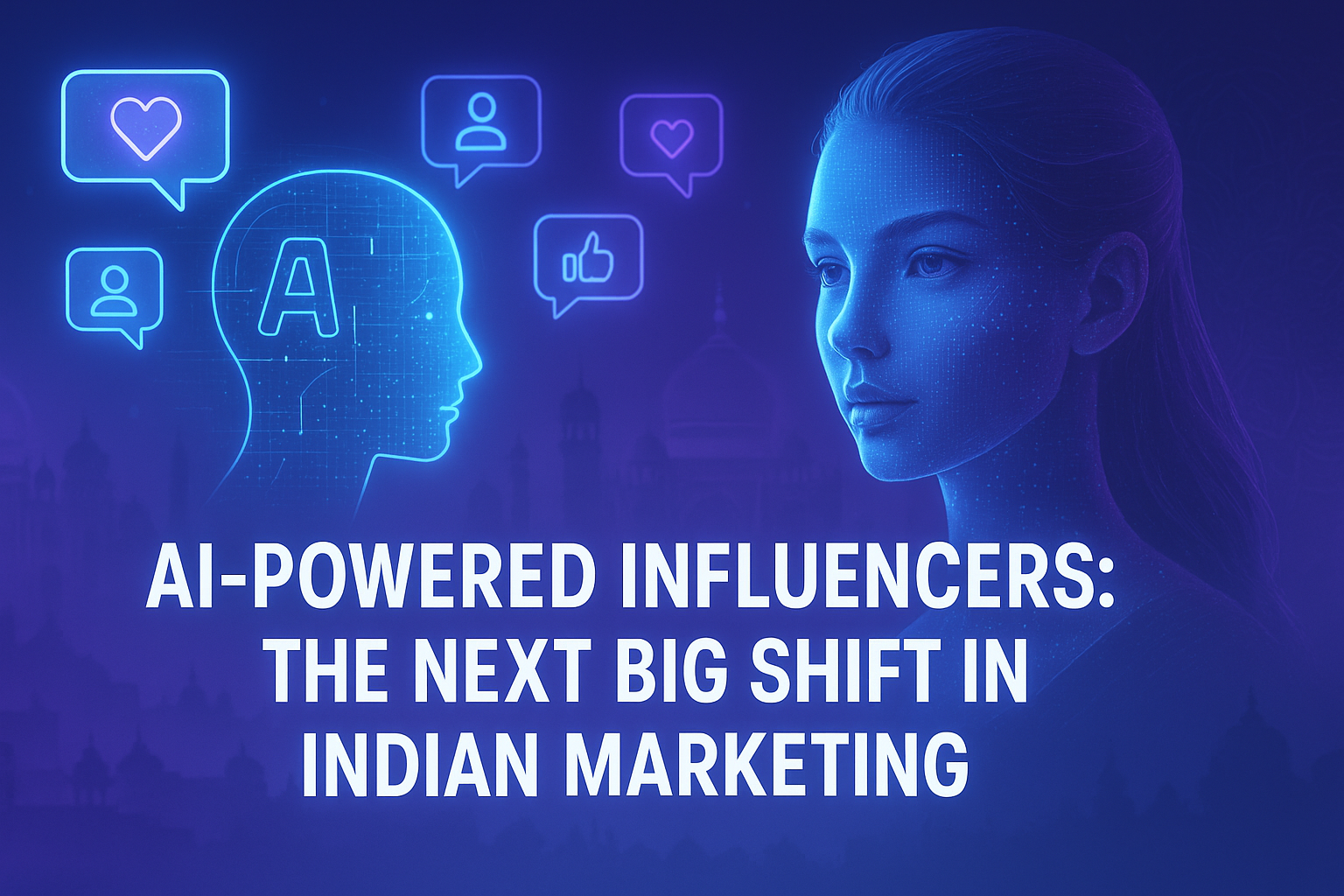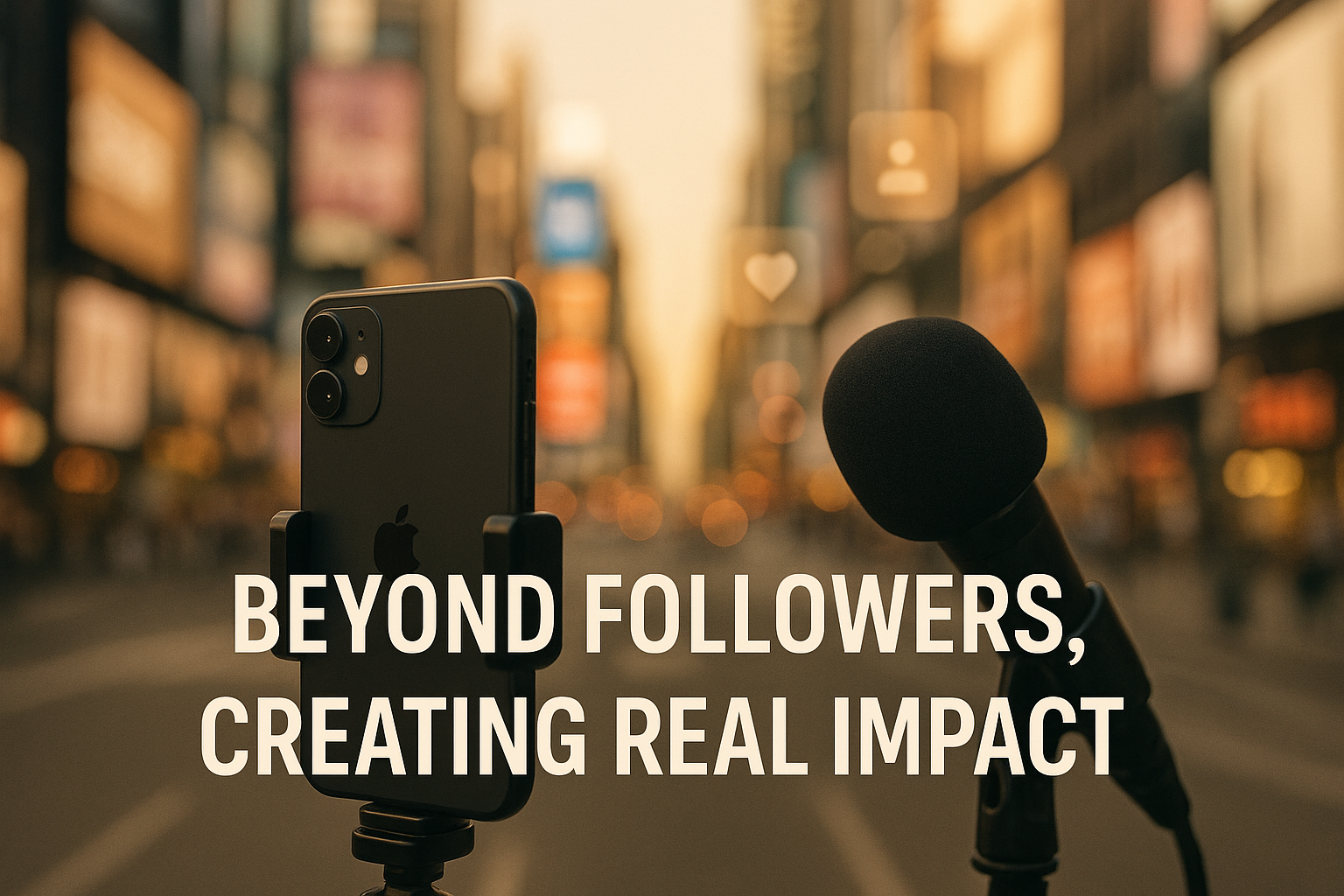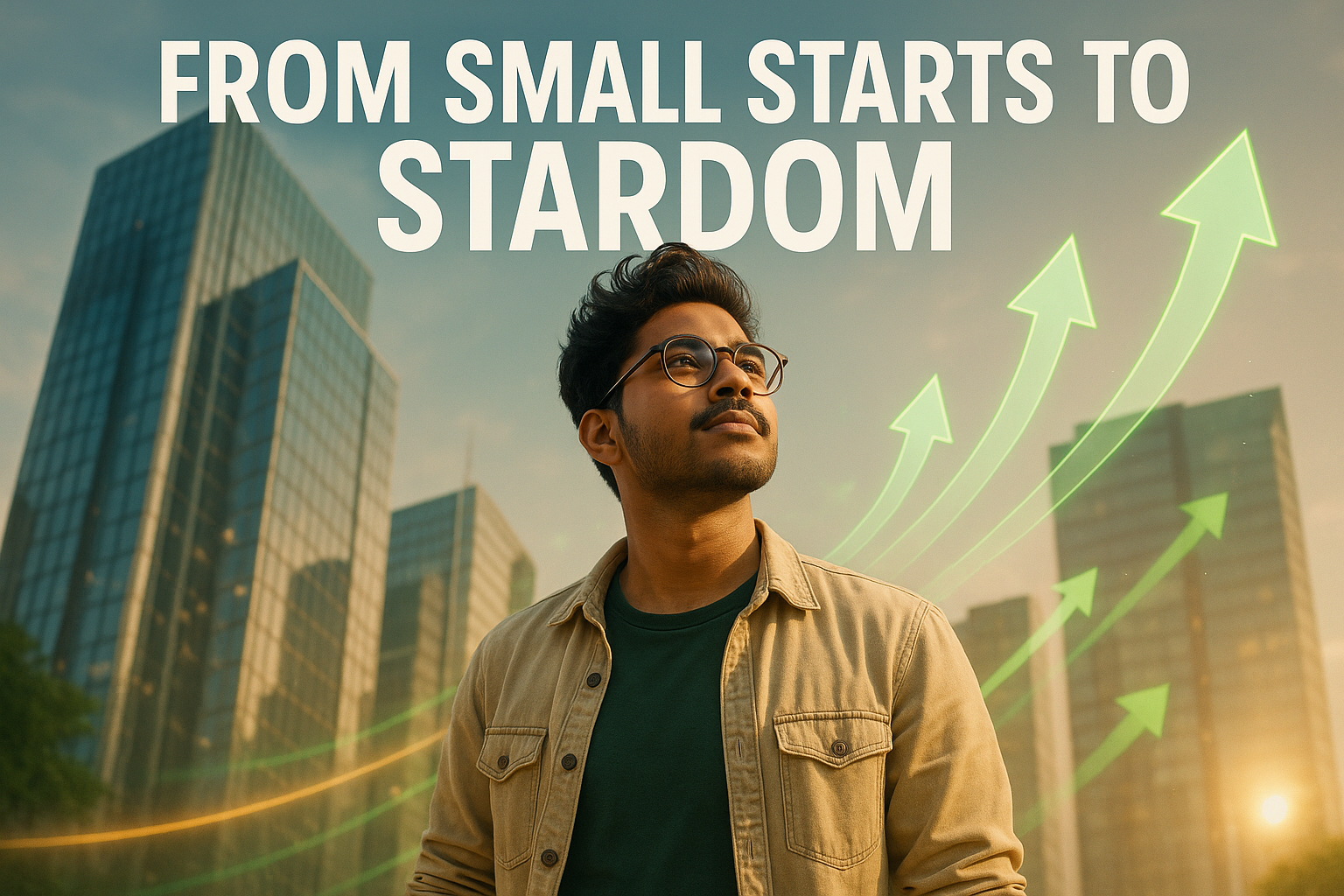In recent years, India’s influencer industry has transformed from being just about social media content creation to becoming a powerhouse for entrepreneurship. Influencers are no longer limited to brand collaborations or sponsored posts. Instead, they are launching their own startups, entering diverse sectors such as fashion, beauty, health, tech, and food.
The Rise of Influencer Entrepreneurs in India
The Indian influencer market is booming, with an estimated ₹3,000 crore valuation by 2025. What sets today’s influencers apart is their ability to convert personal brand value into profitable business ventures.
Influencers like Masoom Minawala, Ranveer Allahbadia (BeerBiceps), and Kritika Khurana have already launched their own D2C (Direct-to-Consumer) brands and digital platforms. By leveraging their loyal audiences, they have successfully bridged the gap between content creation and commerce.
Why Influencers Are the New-Age Founders
The digital economy has made it easier for influencers to understand what audiences want. They have direct access to real-time feedback, analytics, and buying trends, which allows them to create customer-centric products.
Unlike traditional startups, influencer-led businesses start with built-in trust and audience loyalty, which reduces the cost of marketing and customer acquisition. This makes them ideal candidates for successful startups.
From Reels to Business Models
The shift from creating viral reels to launching e-commerce brands and digital platforms has become a natural evolution for top influencers. Many of them are exploring sectors like:
- Fashion and Lifestyle – Launching apparel and accessories brands.
- Beauty and Wellness – Skincare lines, fitness products, and supplements.
- Tech and Content Platforms – Podcasts, courses, and creator tools.
- Food and Beverages – Cafe chains, food delivery brands, and packaged goods.
Examples of Influencers-Turned-Founders
- Ranveer Allahbadia (BeerBiceps) – Co-founder of Monk Entertainment, a talent and digital marketing agency.
- Masoom Minawala – Known as the “fashion influencer entrepreneur,” she’s collaborated on multiple luxury fashion ventures.
- Prajakta Koli – While focusing on acting, she has also ventured into product collaborations and digital startups.
Challenges of Being an Influencer-Founder
While the transition from influencer to entrepreneur sounds appealing, it’s not without challenges:
- Scaling beyond a personal brand can be difficult.
- Managing operations, logistics, and funding requires business expertise.
- Balancing content creation with running a company is time-consuming.
Despite these challenges, many influencers are hiring professional teams to handle the business side while they focus on growth and marketing.
Why This Trend Is Here to Stay
The influencer-to-founder pipeline is expected to grow as Gen Z and Millennials increasingly trust personal brands over traditional companies. With platforms like Instagram and YouTube continuing to thrive, influencers are in a unique position to build lifestyle-focused businesses that resonate with their audience.
Conclusion
The journey from reels to retail is just beginning for India’s influencers. As the creator economy expands, we can expect to see more influencer-led startups dominating fashion, tech, and lifestyle sectors. For aspiring influencers, this is the best time to transform creativity into entrepreneurship and create something bigger than just content.
FAQs
1. Why are influencers turning into entrepreneurs?
They have strong audience trust and deep insights into consumer behaviour, which help them launch successful products.
2. Which sectors are influencer-led startups focusing on?
Fashion, beauty, wellness, tech, and food are the top choices.
3. What is the main challenge for influencer-founders?
Balancing content creation with business management is the toughest part.
4. Do influencer startups perform better than traditional ones?
Often yes, due to their built-in audiences and authentic branding.
5. Is this a global trend or only in India?
It’s a global trend, but India’s influencer economy is growing faster due to the social media boom.







